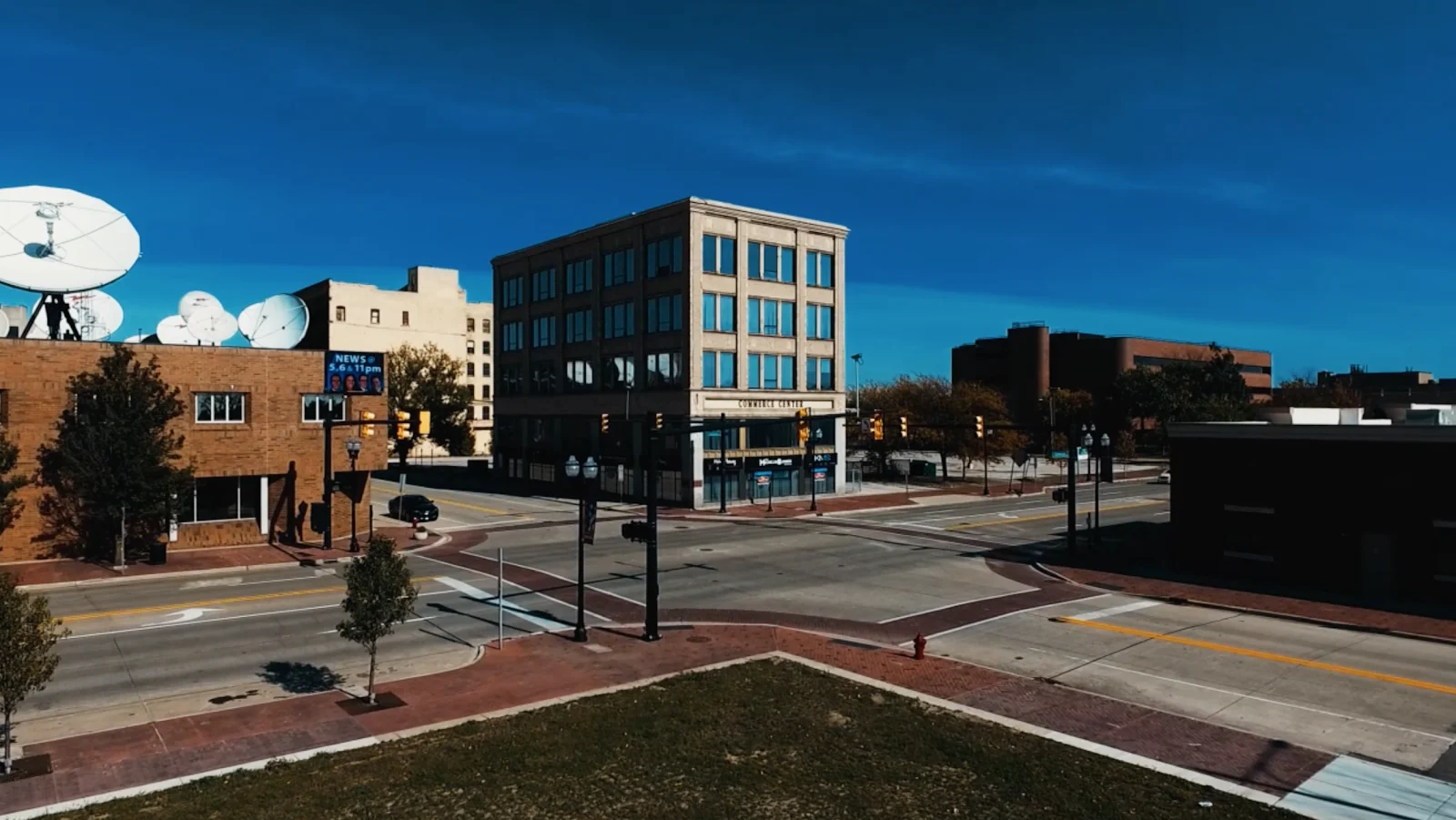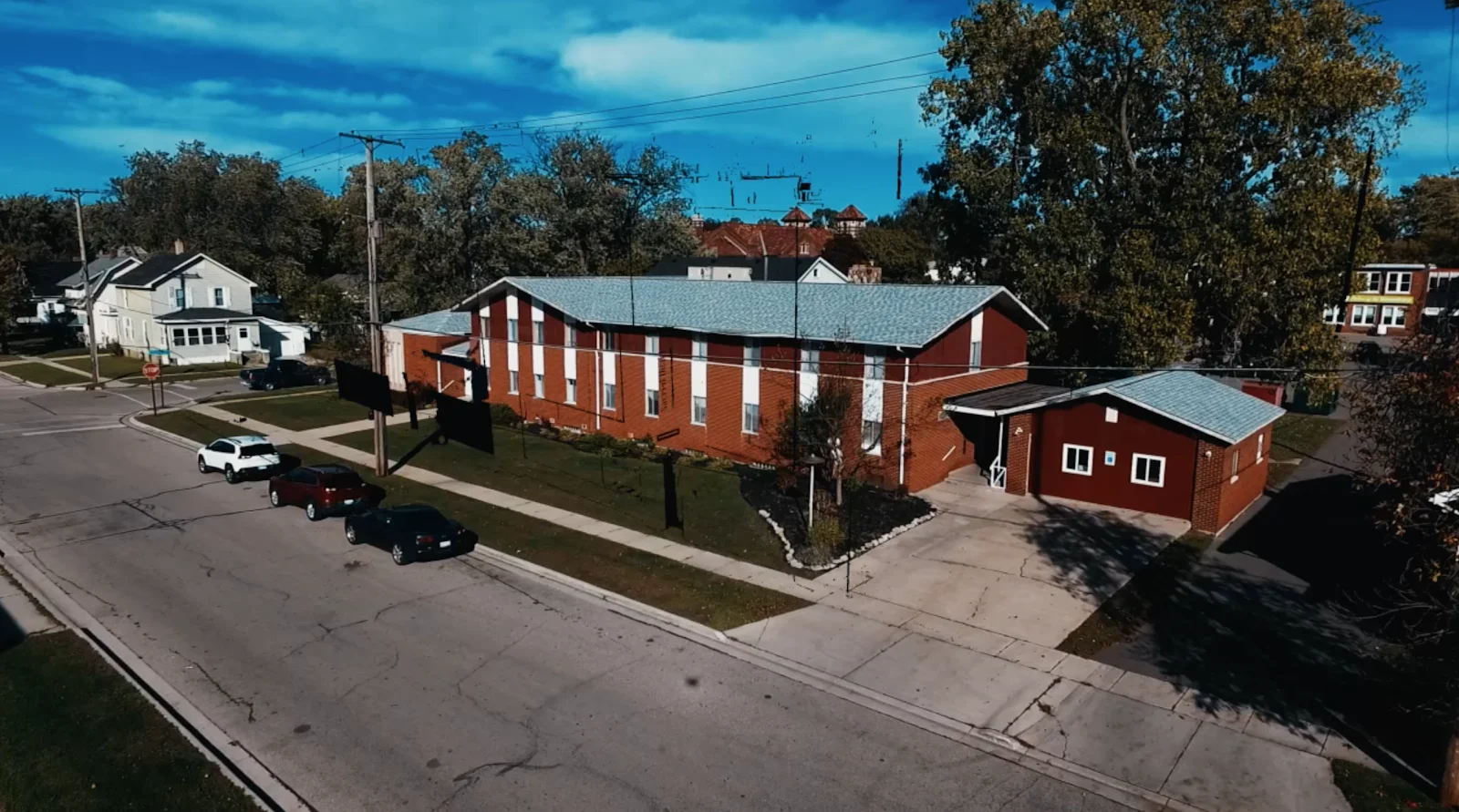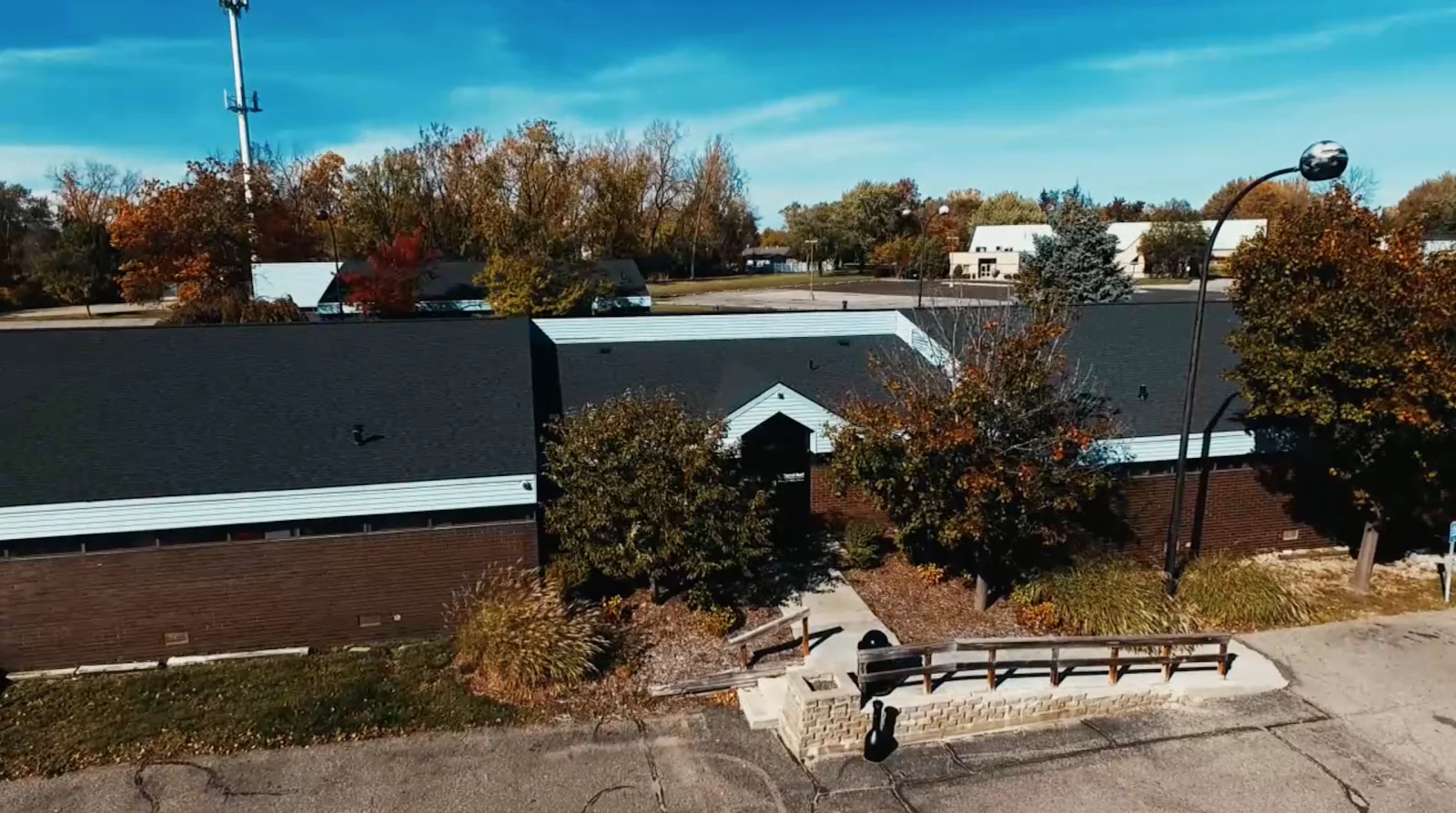A not-for-profit mental healthcare facility, Sacred Heart Rehabilitation Center - East Genesee Street has a long history of giving individuals in need compassionate treatment. Sacred Heart was established in 1967 with the mission of providing high-quality, evidence-based care to those with mental health issues, especially those who are low-income. Their commitment to altruistic endeavors distinguishes them as a special and indispensable asset to the community.
The facility offers a comprehensive variety of behavioral health treatments, such as care management and prevention of HIV/AIDS, mental health services, and prevention and treatment of drug use disorders. The comprehensive continuum of treatment offered by Sacred Heart is tailored to meet the whole range of behavioral health requirements. They provide a complete treatment plan that includes withdrawal management, residential programs, and outpatient treatments. Their drug use disorder treatment services combine professional therapy techniques with the 12-Step movement's tenets.
The Sacred Heart Rehabilitation Center has a special emphasis on helping mothers, especially those who must bring their kids to therapy. The facility offers case management, supportive housing, and inpatient and outpatient treatment specifically for women. Sacred Heart provides a range of medication-assisted therapy (MAT) choices to help those who are addicted to opioids, making sure that patients get the best care possible.
Sacred Heart has an AIDS Care Program that offers preventative education, testing, counseling, patient navigation, housing support, and basic needs help in addition to its services for mental health and drug use disorders. This program, which provides comprehensive treatment and support, is essential for those impacted by HIV/AIDS.
The Substance Abuse and Mental Health Services Administration (SAMHSA) has accredited Sacred Heart Rehabilitation Center - East Genesee Street for its exceptional care standards and to ensure that its programs fulfill the standards set by the country for treatment of behavioral health and drug abuse. This certification demonstrates the center's dedication to provide everyone, regardless of financial situation, high-quality, easily accessible treatment.
Sacred Heart Saginaw Information
Accreditations
-
Commission on Accreditation of Rehabilitation Facilities (CARF)
CARF accreditation is a prestigious recognition for rehabilitation and human service organizations. It signifies that an organization meets high-quality standards and is committed to providing top-level care. CARF conducts rigorous evaluations to ensure compliance, enhancing an organization's credibility and reassuring clients and funders of exceptional service quality. This accreditation promotes excellence and continual improvement in the rehabilitation and human services field.

-
NAATP
Established in 1978, the National Association of Addiction Treatment Providers (NAATP) is a professional organization dedicated to advocating for and representing entities involved in addiction services. NAATP is committed to advancing the field of addiction services and ensuring that top-tier addiction treatment remains both accessible and widely available.

-
SAMHSA
SAMHSA's Opioid Treatment Programs (OTPs) accreditation is a rigorous recognition process that signifies an OTP's commitment to providing high-quality care for individuals dealing with opioid use disorders. It assures patients, families, and the community that the program adheres to evidence-based practices, employs qualified staff, and maintains a safe treatment environment. This accreditation is a symbol of quality and accountability, offering confidence in the program's ability to support individuals on their path to recovery from opioid addiction.
Additional Locations
Find the best treatment options. Call our free and confidential helpline today!







